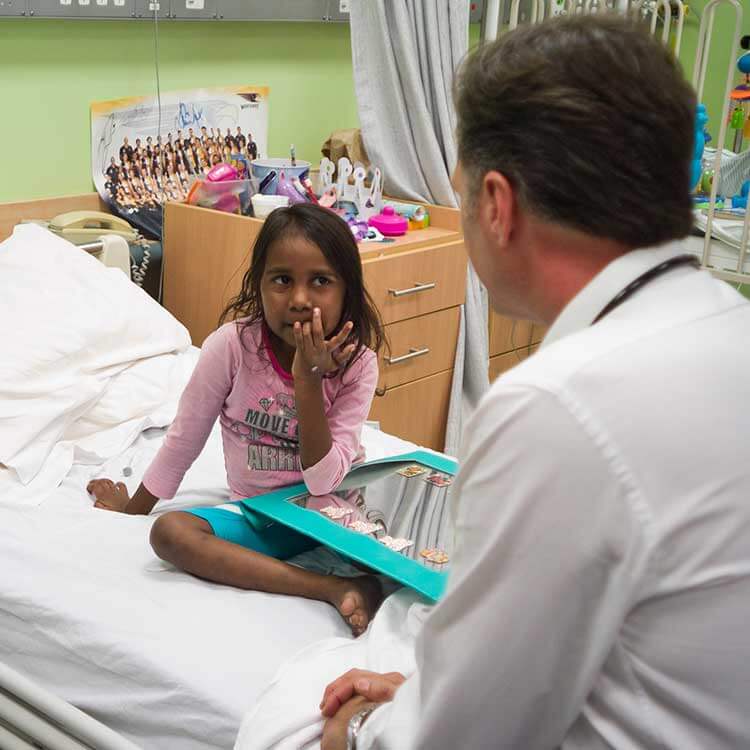Search
Research
An audit of the reliability of influenza vaccination and medical information extracted from eHealth records in general practiceTo evaluate the reliability of information in GP electronic health records (EHRs) regarding the presence of specific medical conditions and recent influenza vaccination
Research
Probabilistic linkage of national immunisation and state-based health records for a cohort of 1.9 million births to evaluate Australia’s childhood immunisation programTo describe the process for assembling a linked study that will enable the conduct of population-based studies related to immunisation and immunisation policy.
Research
Exploring the dynamics of respiratory syncytial virus (RSV) transmission in childrenWe develop a compartmental model for RSV infection, driven by a seasonal forcing function, and conduct parameter space and bifurcation analyses to document...
Research
Optimization is required when using linked hospital and laboratory data to investigate respiratory infectionsDespite a recommendation for microbiological testing, only 45% of children hospitalized for respiratory infections in our previous data linkage study linked...
Research
Can linked emergency department data help assess the out-of-hospital burden of acute lower respiratory infectionsThere is a lack of data on the out-of-hospital burden of acute lower respiratory infections (ALRI) in developed countries.
Research
The pathogen specific burden of hospitalisation for enteric and blood stream infection in children and young people in Western AustraliaHannah Tom Moore Snelling OAM BSc (Hons) GradDipClinEpi PhD BMBS DTMH GDipClinEpid PhD FRACP Head, Infectious Diseases Research Head, Infectious
Research
Understanding the true burden of paediatric respiratory syncytial virus (RSV) in order to optimise prevention programsHannah Moore OAM BSc (Hons) GradDipClinEpi PhD Head, Infectious Diseases Research 08 6319 1427 Hannah.moore@thekids.org.au Head, Infectious Diseases
Research
WHO SARI & RSV Surveillance in AustraliaChristopher Blyth MBBS (Hons) DCH FRACP FRCPA PhD Centre Head, Wesfarmers Centre of Vaccines and Infectious Diseases; Co-Head, Infectious Diseases

News & Events
Bold bid to end rheumatic heart diseaseSome of the nation’s leading medical researchers will converge on Darwin this week to step out a plan to wipe out rheumatic heart disease.
Research
Erratum: Attitudes, perceptions, and experiences of Western Australians towards vaccine safety surveillance systems following COVID-19 vaccines: A qualitative descriptive study (Australian and New Zealand Journal of Public Health (2024) 48(1), (S132602002Concerns regarding adverse events following immunisation are a barrier to vaccine uptake. Health professionals use vaccine safety surveillance systems (VSSS) to monitor vaccines and inform the public of safety data. With little known about public attitudes, perceptions, and experiences with VSSS, we examined them in the context of COVID-19 vaccinations in Western Australia.
